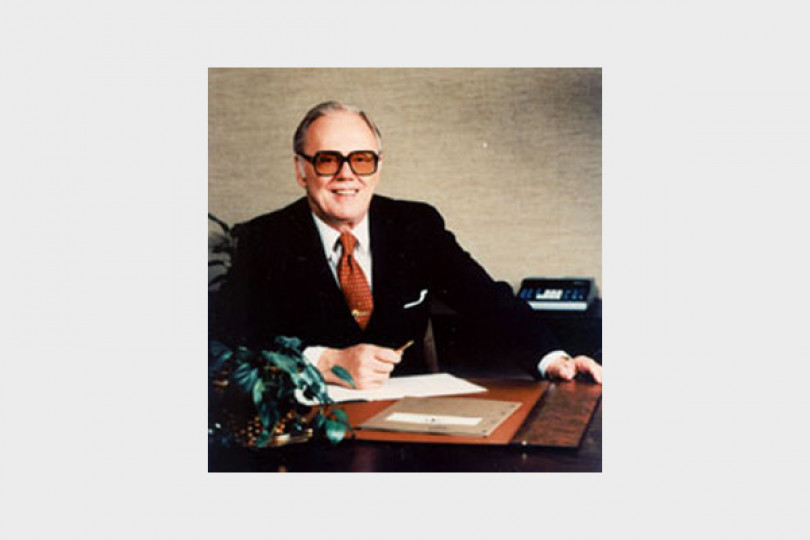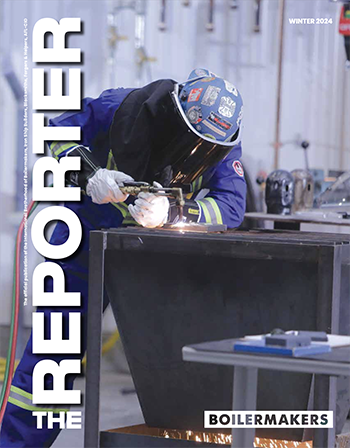His tax cut and corporate greed weakened the economy and destroyed faith in corporations
In a two-week period in July, the U.S. stock market lost $1.41 trillion in value, as stock prices dropped an average of 20 percent. There is no better evidence that the American public has lost faith in corporate America.
It's not surprising investors have lost faith in the stock market and in corporations. Over the past nine months, one billion-dollar corporation after another has gone bankrupt after revelations that they have been grossly overstating their financial strength.
What the executives of these companies did is almost too much to believe. They cheated the U.S. government out of tax revenue by banking offshore, falsely inflated the price of their stock with accounting tricks, then cashed in their stock options while share prices were sky-high, leaving shareholders and employees holding the bag when they bankrupted.
It is difficult for the average person to understand how these things can be legal. They sound an awful lot like common, everyday swindles.
What these corporate executives have done sounds like an elaborate game of "Three-Card Monty." Their accounting tricks confuse investors, and by the time anyone figures out it's all a scam, the corporate executives have disappeared with the cash and fled to their bankruptcy-protected homes in Texas and California.
Now, while the economy continues to struggle and working people worry they may lose their jobs and their pensions at any time, President Bush tells us the way to revive the economy is to give more tax breaks to these white-collar thugs.
No, thank you, Mr. President. That huge tax cut for the rich that you rammed through Congress last year is a big part of the problem.
We don't need more giveaways to corporations. We need the kind of government spending that will create good-paying jobs for American workers. And we need true corporate reform.
Polls show that 82 percent of Americans want Congress and the president to enact "strong laws" to keep corporations from concocting elaborate schemes that allow them to avoid paying any taxes, while they steal workers' retirement funds.
Paul Sarbanes' corporate responsibility bill that Bush reluctantly signed in July is a start toward ending corporate abuse, but it doesn't go nearly far enough. It doesn't touch on the main source of the problem — stock options that allow and encourage corporate executives to artificially inflate the price of stock, then cash out and run off with the money.
And it doesn't recognize the true nature of what these executives have done. President Bush keeps referring to these actions as "corporate irresponsibility." That?s sugar-coating it. This is fraud and theft. The corporate executives of Enron, WorldCom, and all those other corporations should be required to pay back their windfall profits from their stock options so that the workers who made them possible will have something to retire on.
The handful of arrests for fraud that have been made are good, but they are merely symbolic. Hundreds of executives are getting away with rank thievery.
And Bush seems content to let them get away with it. In fact, he is going to help them get more.
Part of the problem is that Bush and his cronies are too deeply involved in this quasi-criminal behavior to want true corporate reform.
One of Bush's first appointees, Secretary of the Army Thomas White, was vice chairman of Enron Energy Services (EES) from 1998 through May 2001. Under his tenure, EES was a fraud, bleeding money while covering up its losses with accounting tricks.
Before White left Enron to join the Bush administration (at the recommendation of Enron CEO Ken Lay), he also played a central role in Enron's efforts to rip off electricity consumers during the California power shortage.
At the very least, Bush should ask White to resign as Secretary of the Army. But that would create a problem for him. If he goes after White, he might have to do something about Vice President Dick Cheney, who was CEO of Halliburton when they engaged in similar accounting tricks. Cheney cashed in stock options for $59 million in 2000 — money very clearly made through accounting tricks and behavior that looks a lot like fraud.
And then there's the president himself. In 1989, while he was on the board of Harken Energy Corporation, the company used an accounting trick to make themselves look better off financially than they really were. Then Bush sold 212,000 shares of stock for $880,000, just two months before Harken admitted the truth and the stock price fell from $4 a share to $1 a share.
Does this sound like insider trading to you? The SEC thought so, and began investigating Bush. But his father was the president of the United States at the time, so they quietly dropped the investigation. But the investigators took the time to inform Bush's lawyer that their decision "must in no way be construed as indicating that [George W. Bush] has been exonerated."
Bush has claimed he did not personally fudge the books and had no idea the company was in financial trouble, but E. Stuart Watson, another Harken director, told the Dallas Morning News, "You bet we were [informed]."
As members of the audit committee, Bush and Watson were briefed by the company treasurer and the inside and outside auditors.
With this history of corporate "irresponsibility" so prevalent throughout the Bush administration, it is no surprise that they want to sweep the recent bankruptcies and revelations of corporate misconduct under the rug.
Their plan to revive the economy is no surprise, either. Bush invited 200 people to the economic summit — corporate executives, lobbyists for corporations, and Republican leaders, with two token workers who had agreed ahead of time to parrot what the Bush administration wanted them to say.
Democratic congressional leaders were not included. Labor unions were not included.
Most important, the workers who had been cheated out of their retirement savings by corporate accounting tricks were not included.
And no one was surprised when this "economic summit" concluded that the way to revive the economy is to give more tax breaks to the rich.
For Bush, the economic slowdown is not a problem to be solved. It's just business as usual.






